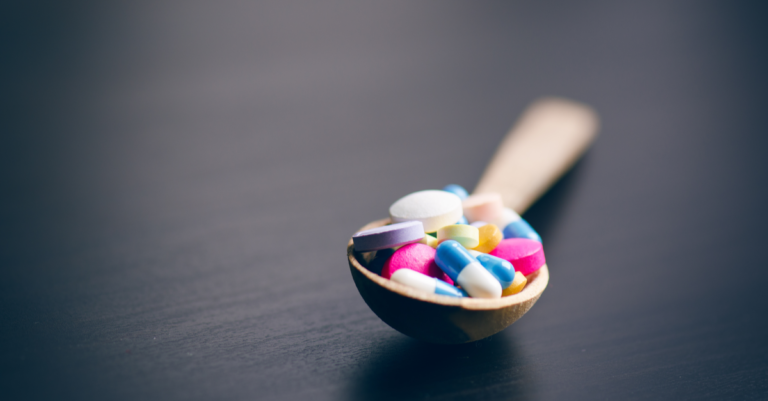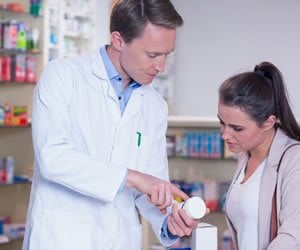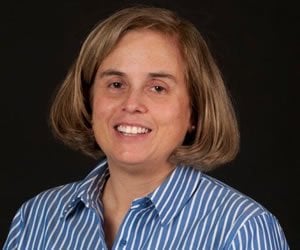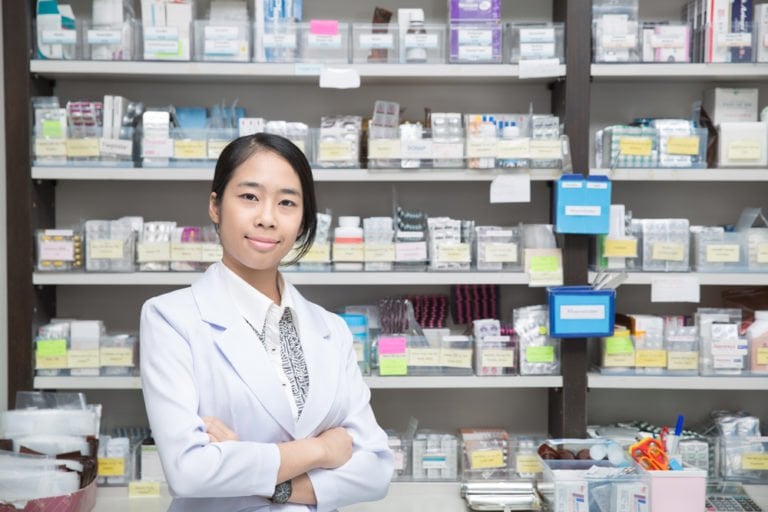
Healthcare News and Policy
Republished with permission from here. I spent one year working full-time as a pharmacy technician ... Read more
Sarayna Schock
Updated June 26, 2022 by Sarayna Schock

Student Loans
Consider these three questions. First, what is a loan? Second, how is it typically is ... Read more
Tae Kwan
Updated June 26, 2022 by Tae Kwan

Medical School
Two days before interviewing at the medical school I now attend, I couldn’t get out ... Read more
Emily Forest
Updated August 11, 2025 by Emily Forest

Money
With loan debt for students in graduate health professions rising exponentially, the conversation around choosing ... Read more
Timothy Ulbrich
Updated June 26, 2022 by Timothy Ulbrich

Pre-Health
Occasionally when I am browsing the online forums on SDN, I come across an unfortunate ... Read more
Gavin Rapp
Updated June 26, 2022 by Gavin Rapp

Pharmacist Q&A
Applying to professional school can be one of the most daunting challenges of a student’s ... Read more
Student Doctor Network
Updated June 27, 2022 by Student Doctor Network

Pre-Health
Strong interview preparation allows you to give meaningful thought to what qualities you bring to the table and why you might be a good fit for a particular school.
Deborah Gutman, MD, MPH
Updated June 27, 2022 by Deborah Gutman, MD, MPH

Pharmacist Q&A
Cindy Stowe shares her thoughts on the field of pharmacy and offers some advice for students.
Mary Bystrek, PharmD
Updated June 27, 2022 by Mary Bystrek, PharmD
Pharmacist Q&A
Jennifer A. Reinhold offers advice for students and insight into the field of pharmacy
Juliet Farmer
Updated June 27, 2022 by Juliet Farmer
Pharmacist Q&A
Oleg Zvenigorodsky shares his perspective on the field of pharmacy and advice for students
Juliet Farmer
Updated June 27, 2022 by Juliet Farmer

Pharmacy
Dr. Joseph L. Fink III shares his thoughts on the history and evolution of the profession of pharmacy.
Joseph Fink
Updated January 21, 2019 by Joseph Fink
Pharmacy
Read on for advice on how to maximize your learning in Introductory Pharmacy Practice Experiences.
Sarah Lawrence
Updated February 27, 2019 by Sarah Lawrence
Pharmacist Q&A
Dr. Lance Campbell shares his insights about the field of compounding pharmacy and the opportunities it offers
Rosrin Wuithiran
Updated June 27, 2022 by Rosrin Wuithiran
Pharmacist Q&A
William Wills discusses his career and the field of compounding pharmacy.
Juliet Farmer
Updated June 27, 2022 by Juliet Farmer
Pre-Health
Emil Chuck discusses the concept of professionalism for health professions students.
Emil Chuck, PhD
Updated June 27, 2022 by Emil Chuck, PhD
Pharmacy
Dr. Barb Kasper and Dr. Sarah Lawrence share tips to help students get the most out of their APPE rotations.
Sarah Lawrence
Updated February 27, 2019 by Sarah Lawrence
Pharmacist Q&A
Dr. Craig Stern, PharmD, is founder of Pro Pharma Pharmaceutical Consultants, Inc.
Juliet Farmer
Updated June 27, 2022 by Juliet Farmer

Pharmacy
Nuclear pharmacy is a specialized practice area in pharmacy that involves compounding and dispensing radiopharmaceuticals ... Read more
Lee Burnett
Updated March 17, 2022 by Lee Burnett









